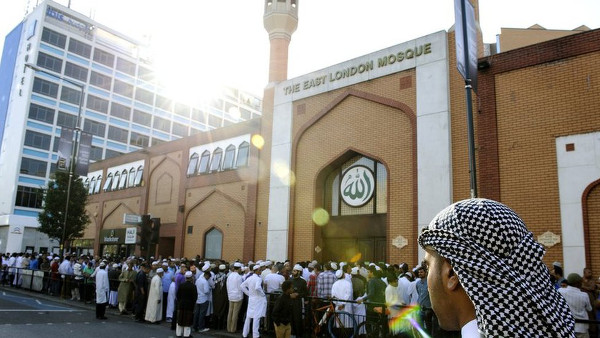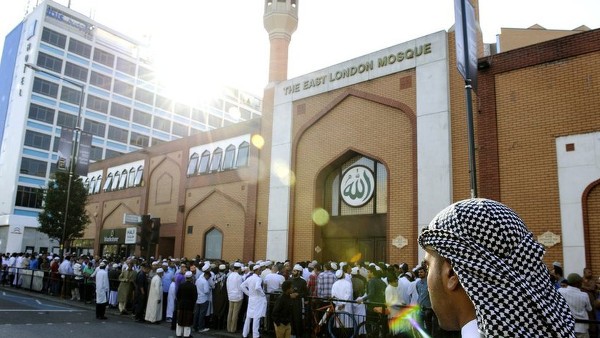
By: The National
Source: The National
Few will disagree that dialogue is the most effective way to overcome differences and clarify falsehoods. This simple but often overlooked principle provides the intellectual scaffolding for the Muslim Council of Britain’s “Visit My Mosque” initiative yesterday.
A number of mosques across the UK threw open their doors in an effort to promote better understanding over tea and biscuits. The ostensible aim was to provide some insight into what goes on at a mosque every day. But it was also meant to answer questions about the Muslim faith and break down barriers.
The move could not have come at a more appropriate time. In Britain, France and Germany, where there are large Muslim communities, Muslims are often perceived as separate from the host community. That’s mostly because most people don’t know much about them and have never visited a mosque. It’s fair to note that there is a decided mismatch between how non-Muslims perceive Muslims and how Muslims generally perceive themselves. A good example is France’s new anti-terrorism website. It identifies newly radicalised Muslims as people who might display some, or all of the following changes in behaviour: they no longer listen to music or participate in sport, they reject their own family, don’t watch television and have different eating habits. To some that might be the very picture of teenage growing pains, but that ill-informed stereotype just shows how essential it is to break down barriers between Muslims and others.
Of course, one open mosque day will not change everything. According to some studies, nearly half of all Britons view Muslims as a threat of some sort and just 28 per cent believe that Muslims really want to integrate into British society. The challenges are immense and bridging the gap between Muslims and non-Muslims in Britain and Europe will require more than a few visits to a mosque. But it is a good place to start.




